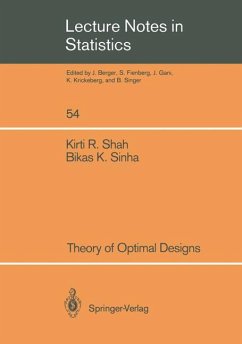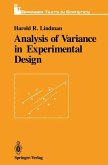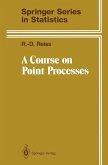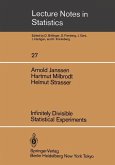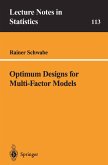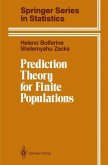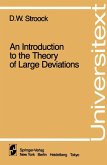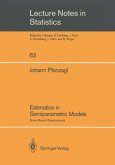There has been an enormous growth in recent years in the literature on discrete optimal designs. The optimality problems have been formulated in various models arising in the experimental designs and substantial progress has been made towards solving some of these. The subject has now reached a stage of completeness which calls for a self-contained monograph on this topic. The aim of this monograph is to present the state of the art and to focus on more recent advances in this rapidly developing area. We start with a discussion of statistical optimality criteria in Chapter One. Chapters Two and Three deal with optimal block designs. Row-column designs are dealt with in Chapter Four. In Chapter Five we deal with optimal designs with mixed effects models. Repeated measurement designs are considered in Chapter Six. Chapter Seven deals with some special situations and Weighing designs are dis cussed in Chapter Eight. We have endeavoured to include all the major developments that havetaken place in the last three decades. The book should be of use to research workers in several areas including combinatorics as well as to the experimenters in diverse fields of applications. Since the details of the construction of the designs are available in excellent books, we have only pointed out the designs which have optimality proper ties. We believe, this will be adequate for the experimenters.

